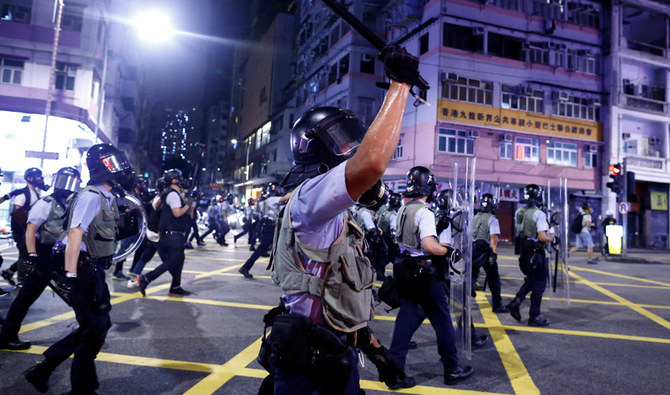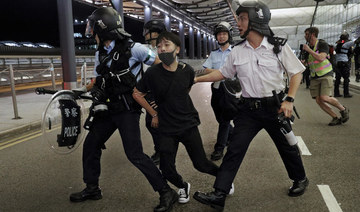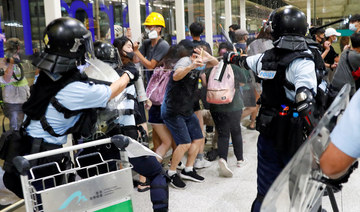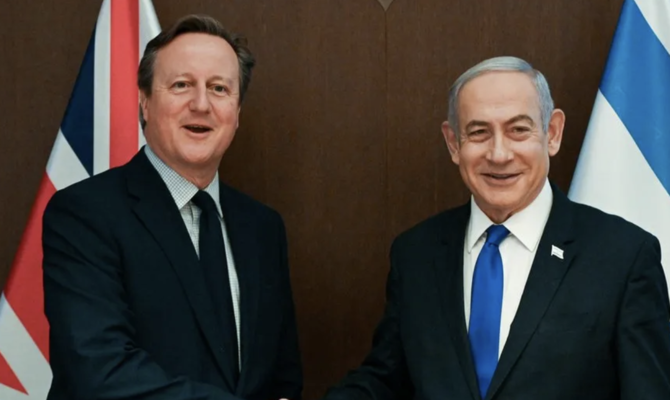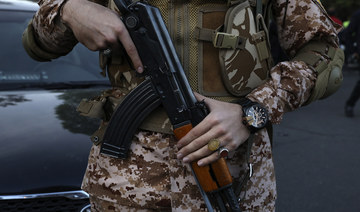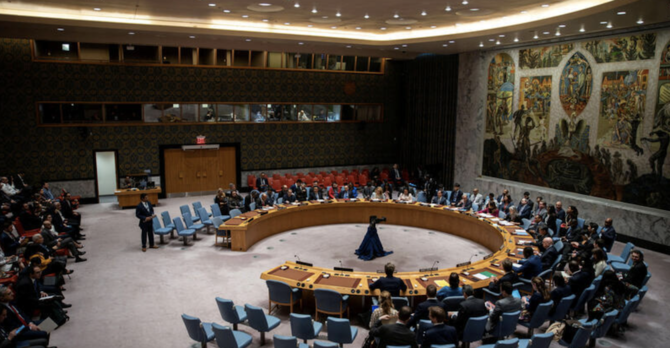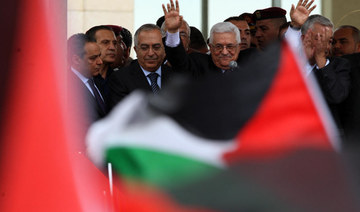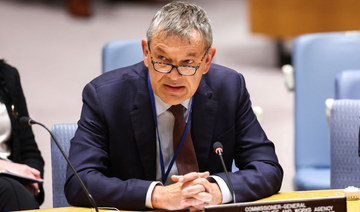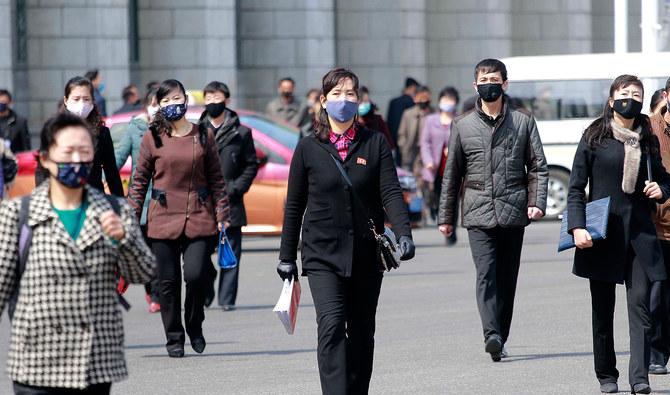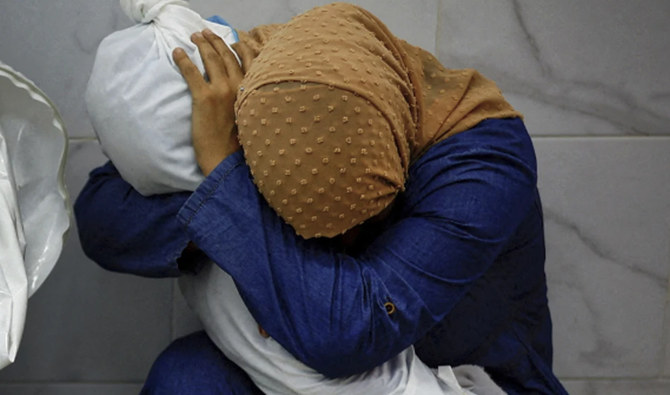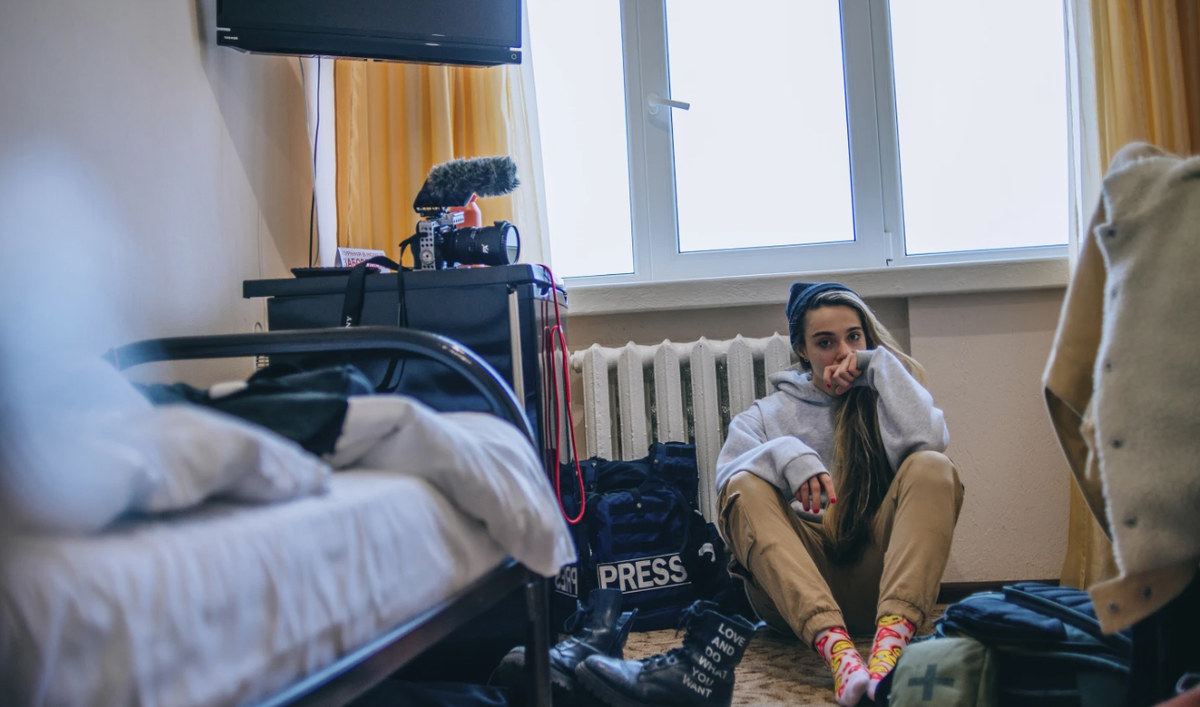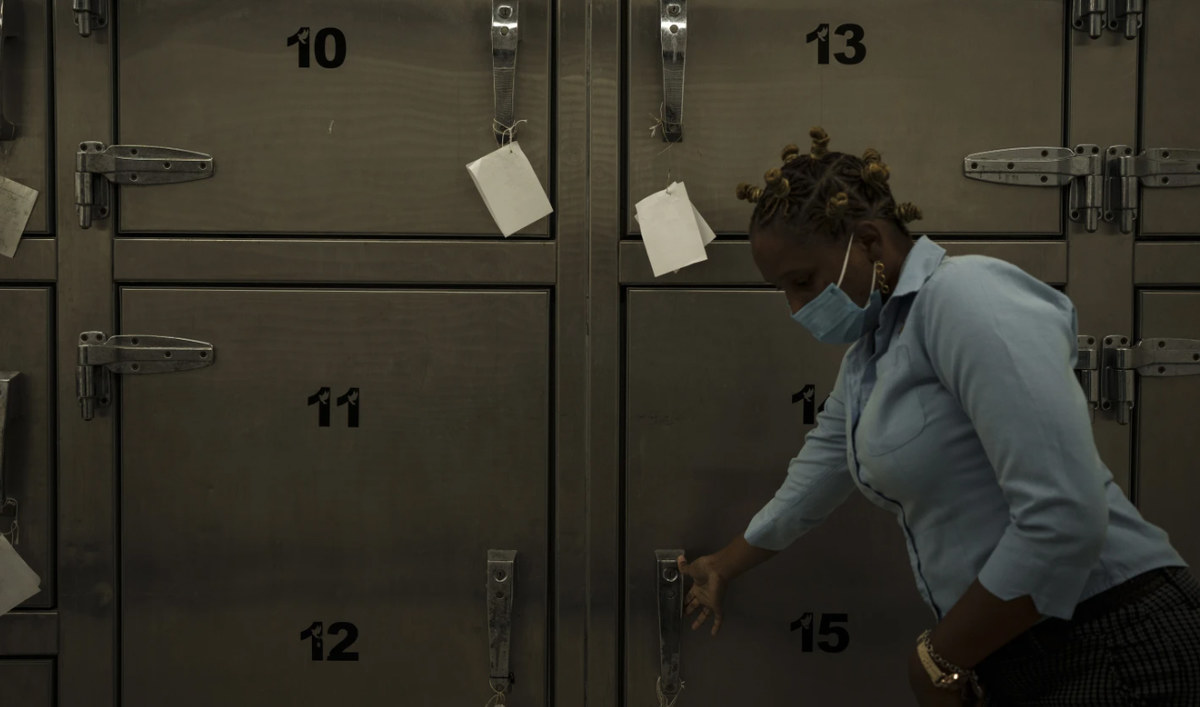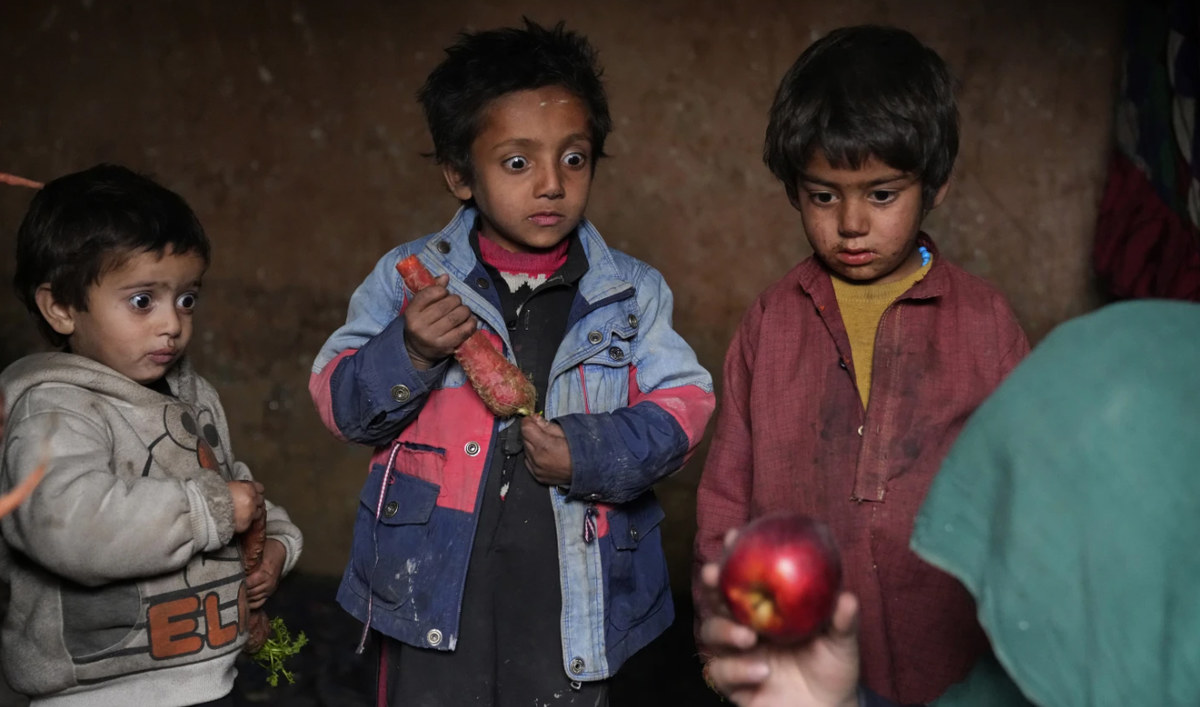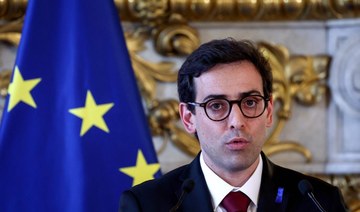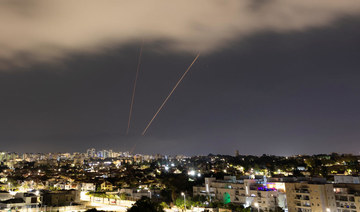HONG KONG: China said Hong Kong’s protest movement had reached “near terrorism” on Wednesday, after a night of ugly clashes at the city’s airport where demonstrators set upon and detained two men they suspected of being government sympathizers.
Flights out of the financial hub resumed after two days of disruptions caused by unrest as thousands of protesters swarmed the terminal at one of the world’s busiest airports, forcing the cancelation of hundreds of departures.
China’s Hong Kong and Macau Affairs Office in Beijing called the behavior at the airport no different to terrorism and said it must be severely punished.
Ten weeks of increasingly violent clashes between police and protesters have plunged the city into its worst crisis since it reverted from British to Chinese rule in 1997.
“We’re deeply sorry about what happened yesterday,” read a banner held up by a few dozen demonstrators in the airport. “We were desperate and we made imperfect decisions. Please accept our apologies,” the banner said.
In chaotic scenes that would once have been unthinkable for Hong Kongers, a peaceful sit-in at the airport turned violent late on Tuesday as protesters confronted and held a man they believed was an undercover Chinese agent.
Busloads of riot police arrived in response, clashing with furious demonstrators before withdrawing once the man was removed and leaving the terminal briefly in control of activists who then detained a Chinese reporter for a short time.
Protesters, who occupied the airport for five days — disrupting flights on Monday and Tuesday — mostly withdrew by daybreak, with several groups issuing statements blending contrition for the chaos with defiance of the authorities.
It’s not clear whether the ugly scenes have eroded the broad support the movement has attracted in Hong Kong, while the city’s faltering economy has also taken a hit in recent months.
“We promise to reflect and to improve,” protesters said in one message distributed on social-media app Telegram.
“Sorry we were too reckless ... we are only afraid of losing your support to the whole movement due to our mistake, and that you give up on fighting.”
The unrest began in opposition to a now-suspended bill that would have allowed the extradition of suspects for trial in mainland China, but have swelled into wider calls for democracy.
The seizure by protesters of a reporter from China’s Global Times newspaper, a nationalistic tabloid run by the ruling Communist Party’s official People’s Daily, and their harassment of the man they believed to be a mainland agent drew China’s strongest language yet.
In addition to Beijing’s condemnation, the People’s Daily called for “using the sword of the law” to restore order, and mainland social media users lauded the detained reporter as a hero.
On Tuesday, US President Donald Trump described the volatile situation as “tricky,” and said China’s government had moved troops near the border with Hong Kong.
“I think it will work out and I hope it works out, for liberty. I hope it works out for everybody, including China,” he told reporters during a visit to Morristown, New Jersey.
Chinese police have assembled in the neighboring city of Shenzhen for what appeared to be exercises, the Global Times reported this week.
China also denied a request for two US Navy warships to visit Hong Kong in the coming weeks, US officials said, as a prominent US senator warned the territory could lose its special trade status if Beijing intervenes.
Departure zones in the airport were sealed-off on Wednesday to all but passengers with boarding passes, as normal service resumed.
Blood, debris and signs of the scuffle were scrubbed away during the night, as cleaners and protesters themselves removed anti-government posters from the walls of the airport designed by the renowned British architect Norman Foster.
Hong Kong carrier Cathay Pacific Airways said a total of 272 departures and arrivals had been canceled because of the disturbances, affecting more than 55,000 passengers.
China’s aviation regulator demanded last week that Cathay suspend personnel supporting protests in Hong Kong from staffing flights entering its airspace. On Wednesday, the carrier said it had fired two pilots.
Forward Keys, a flight data firm, said the crisis had driven a 4.7 percent fall in long-haul bookings to Hong Kong between June 16 and Aug. 9 compared with the same period last year.
Protesters vowed to press on.
“All the people here are very scared,” Ann, a 21-year-old teacher, told Reuters at the airport as she carefully took down anti-government posters she said would be used again.
“But we are more scared that we do not have our freedoms anymore, and so that is why we continue our protests,” she said.
“We feel that our ideas are bulletproof.”



